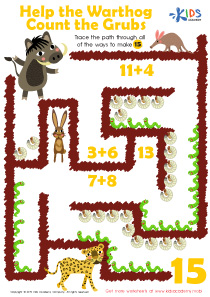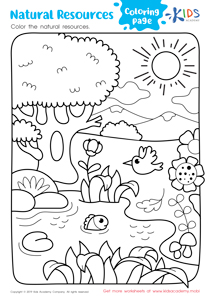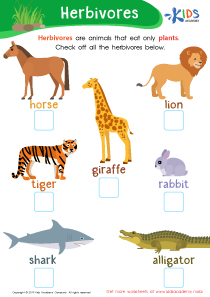Normal Phonics worksheets activities for Kindergarten
2 filtered results
-
From - To


Rhyming Words: Assessment Worksheet


Vowel and Consonant Sounds: Assessment Worksheet
Normal Phonics worksheets activities for Kindergarten are a fundamental tool in fostering young learners' reading and writing abilities. These activities are carefully designed to match the developmental stage of Kindergarten-aged children, ensuring that the learning process is both engaging and effective. Phonics, the method of teaching reading by correlating sounds with symbols in an alphabetic writing system, is crucial at this stage of education. Here’s why Normal Phonics worksheets activities are so beneficial for Kindergarten students.
Firstly, these worksheets introduce children to the basic building blocks of reading and writing in a structured, step-by-step manner. By focusing on phonemic awareness, children learn to recognize and produce the sounds that letters make, which is key to decoding words. This foundational skill boosts their confidence and motivation to engage with texts.
Secondly, Normal Phonics worksheets activities for Kindergarten are designed with young learners in mind. They often incorporate colorful illustrations and simple, engaging tasks that capture children's attention. This not only makes learning more enjoyable but also helps to reinforce the connection between visual cues and phonetic sounds, thereby enhancing memory retention.
Moreover, these activities offer a balanced approach to learning, combining auditory, visual, and kinesthetic elements. Such multisensory methods cater to diverse learning styles and needs, making phonics accessible to all children. Worksheets can vary from tracing letters, matching sounds to pictures, or identifying beginning and ending sounds, which accommodates different stages of learning within the same classroom.
Furthermore, Normal Phonics worksheets activities for Kindergarten facilitate individualized learning. Teachers can easily identify which students may need additional support in certain areas and provide targeted interventions. This personalized attention ensures that no child is left behind in their literacy journey.
In conclusion, Normal Phonics worksheets activities for Kindergarten are a cornerstone of early literacy education. By fostering phonemic awareness, engaging diverse learning styles, and supporting individualized instruction, these activities lay the groundwork for successful reading and writing skills, setting children on the path to becoming proficient and enthusiastic readers.

 Assign to the classroom
Assign to the classroom

.jpg)










